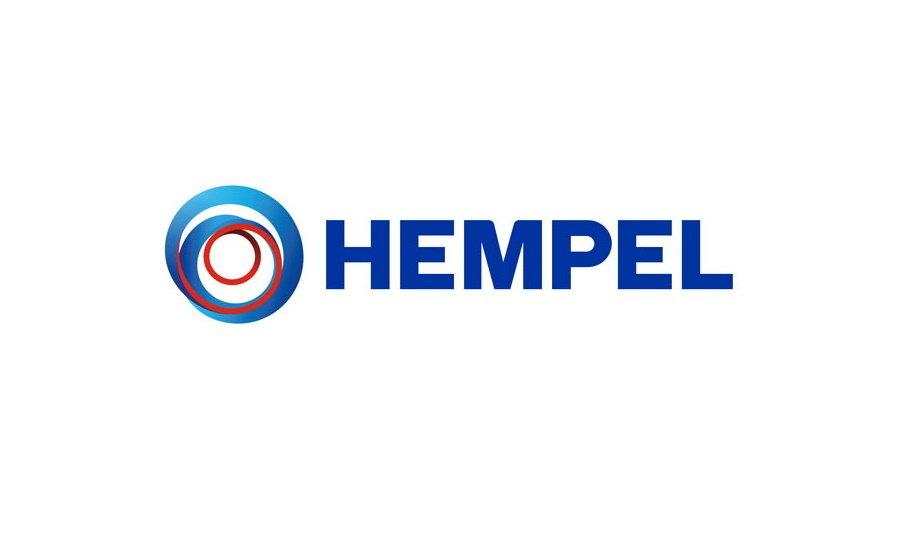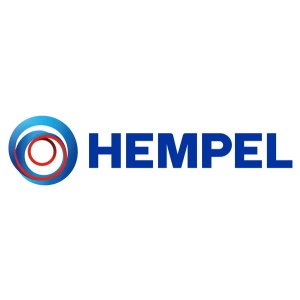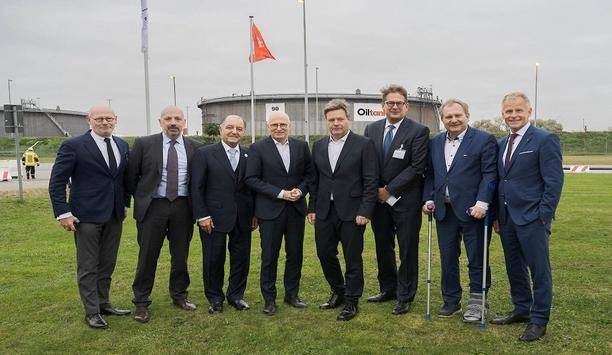As part of Hempel’s participation at COP27, Executive Vice President, Head of Marine at Hempel A/S, Alexander Enström, will join conversations on how to accelerate the decarbonisation of the shipping industry. Hempel will also showcase solutions that can help achieve measurable results in that regard.
The shipping industry is responsible for three per cent of global GHG emissions every year. The good news is that the necessary technologies to achieve a significant emissions reduction from shipping are already available.
Climate crisis requires urgent action
The key to fully leveraging these technologies is transparency"
“The climate crisis requires urgent action. We already have technologies that make vessels significantly more fuel efficient, preserve the marine environment, reduce fuel costs and enable a more sustainable value chain,” said Alexander Enström, the Executive Vice President (EVP), Head of Marine at Hempel.
Alexander Enström adds, “The key to fully leveraging these technologies is transparency. As an industry, we need find a way to share knowledge and data to enable a meaningful acceleration of the industry’s decarbonisation ambitions.”
Accelerated decarbonisation of the maritime industry
Increasingly, regulatory bodies are driving an accelerated decarbonisation of the maritime industry. This is what Hempel will discuss when participating in the Mærsk Mc-Kinney Møller Center for Zero Carbon Shipping event on ‘Regulations as a key enabler of maritime decarbonisation’ at COP27 in Sharm el-Sheikh, Egypt.
Alexander Enström continues “By applying a premium hull coating to more than 3000 ships, Hempel has enabled fuel savings of approx. 27 million tonnes of CO2 through enabling smoother hulls and reducing drag.”
Hempel supports greater transparency in maritime sector
Alexander Enström adds, “These solutions can accelerate the decarbonisation of the shipping industry here and now, and enable our customers to comply with new, stricter regulations. Hempel supports greater transparency between key industry players to drive this further and faster.”
Jan-Christoph Napierski, the Head of Regulatory Affairs at the Mærsk Mc-Kinney Møller Center for Zero Carbon Shipping, said “The COP in Egypt takes place at a critical point in time. To keep global warming below 1.5˚C, we need to decarbonise as quickly as possible. This applies to all industry sectors including maritime.”
Integrated approach between private and public stakeholders
First, we need to create regulation enabling local action like the Green Corridors"
Jan-Christoph Napierski adds, “First, we need to create regulation enabling local action like the Green Corridors. Second, these need to be supported by national, regional, and global policy to upscale the solutions to decarbonise the entire maritime industry. This integrated approach between private and public stakeholders holds great potential to inspire other industry sectors.”
The panel will take place at the Danish pavilion on 16 November 2022.
Fuel savings in vessel applications
The savings related to the 3,000 vessel applications have been calculated by estimating the fuel savings of each Hempaguard application against a market average coating, based on market average numbers from the Fourth IMO GHG Study.
For Hempaguard applications, the consumption, activity, duration until next dry dock and relative savings from the IMO GHG Study are estimated and the impact from the full DD cycle is summarised in the year of Hempaguard application, where the coating choice and thus, fuel savings decision is taken.












